One of the most exciting things about being a parent is watch your baby learn to do new things. The first time by baby banged two bricks together, I knew I was the mother of a genius. (I think we must have a “genius gene” in the family as all four of kids learnt to bang bricks together!) Watching your baby’s fine motor development is such an exciting time (and a great photo opportunity too.)
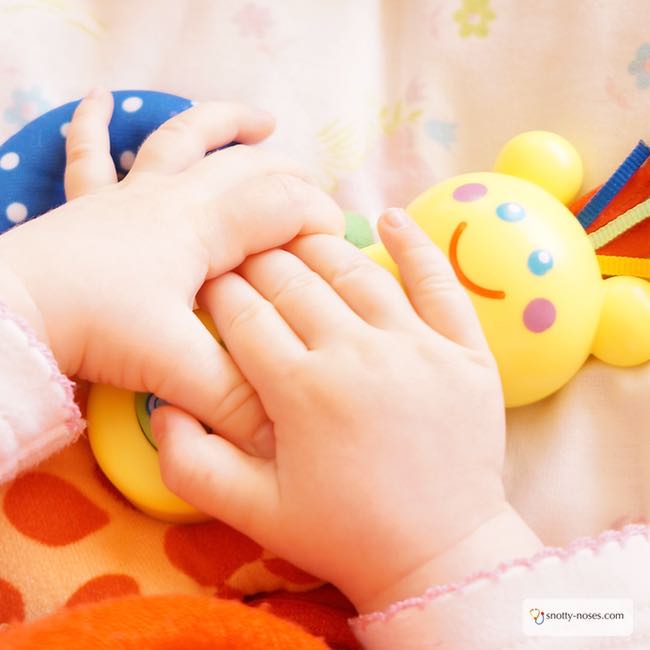
What are Fine Motor Skills?
Fine motor skills are the things that we do with our fingers. The delicate, manipulative jobs such as writing and using a knife and fork. For babies, it’s pointing and picking up raisins.
The less delicate things that we do with our arms and legs, such as moving, walking, running and jumping are called Gross Motor Skills.
Babies Develop at Different Speeds
I once saw two nine month old babies side by side. One was running around, the other couldn’t even crawl yet. Neither of them were abnormal. They were both within the bounds of normal development. One had learnt to walk very early, the other hadn’t quite got there yet. But they were both entirely normal children who had no developmental problems.
As a parent, it can be a big mistake to compare your baby to others. If you’re worried, chat to your health professionals, but don’t get concerned just because your baby appears to be behind all your friends’ babies.
Normal Fine Motor Development of a Baby
At birth
Babies don’t really have any fine motor control at birth. In fact, they don’t even know they have hands.
“What are those things that keep smacking me in the face?” they (not unreasonably) wonder.
By 6 weeks old, they should be following an object with their eyes.
2 Month Old Baby
At two months old, your baby is beginning to realise that those things that keep smacking her in the face, are actually attached to her. She is starting to gain control of her hands and you may notice that she’ll hold her hands in front of her and think “wow! these are awesome!”
3 Month Old Baby
Gradually your baby is getting more control over their hands. She may start to make circular motions and is very good at grasping things. Grasping comes first and eventually, they learn to let go too. She will grasp with a “palmer grasp” using her whole hand rather than her fingers.
4 Month Old Baby
The beginning of the mouthing stage. At 4 months, babies still don’t have much control over their limbs but what they can do is grasp something and pop it in their mouths. “Mouthing” is their way of exploring the world. What does it feel like? Is pink different from blue?
It is a very exciting time, but you must also be extra careful that they don’t put dangerous things in their mouth (especially if they have older siblings who love lego.) Small objects must be kept away from them. There is a saying that if it doesn’t fit in a toilet roll tube, it’s fine for a baby.
Safety Warning for Children
Be extra aware of batteries (any batteries) and magnets that are particularly dangerous and can kill children if swallowed.
What to Do When Your Baby is Unwell (Free Book)
What to Do When Your Baby is Unwell by pediatric doctor Dr Orlena Kerek, mother of 4. Everything that you need to know about the most common baby health problems in the first year of life. Join my newsletter to receive your copy
5 Month Old Baby
At 5 months, babies are getting more sophisticated hand control. Many babies can transfer a toy from one hand to the other. (Yep, both of these hands are mine!)
You can start to introduce your baby to drinking from a cup now. My children loved to practise with cups in the bath where it didn’t really matter if they spilt it.
Many children will reach out and grab food and put it in their mouths. If you are starting to introduce solid foods, it’s a great idea to let them have finger food. (Even if you don’t do baby led weaning, finger food is still recommended.)
Let your baby use a spoon. I know it’s a messy business, but they just have to practise. One day (in about ten years time) you’ll be surprise that your child actually has mastered the art of using cutlery.
6 Month Old Baby
Learning to drink from a cup. (Cups and “sippy cups” the cups with the lids, are much better for your baby than bottles with soft teats. Bottles are fine for young babies but in the long run they aren’t great for baby’s teeth.)
7 Month Old Baby
Getting good at banging things together. Still using the “palmer grasp” which is holding something in their entire hand, rather than using individual fingers.
9 Month Old Baby
At 9 months, babies may be starting to use a “pincer grip”. This is when they pick up small objects, such as a raisin, in between their forefinger and thumb (like a pincer.) You can practise by offering them raisins which most babies love.
10 Month Old Baby
Most babies have fully master the “pincer grip”.
12 Month Old Baby
By 12 months old, babies have a good pincer grip and are continuing to gain confidence with using a cup and cutlery. Babies may also begin to start stacking wooden blocks.
Gross Development Beyond 12 months
Children gradually learn more and more skills with their hands. They can normally build a tower of 6 blocks by 24 months.
They will master the art of using a knife and fork correctly. (Seriously, this does take years.) They will also start to dress themselves, which many involve buttons, zips and other tricky bits.
Writing
They will learn to scribble at around 14 months. By the age of 3 they can draw a wobbly circle, a cross by 4, a square by 4 1/2 and a triangle by 5.
Enjoy watching your baby master using their fingers. Remember than each child is different. If you think they are a little behind, find fun ways to practise that skill. If you are worried about your baby’s fine motor development, chat to your health care professionals.
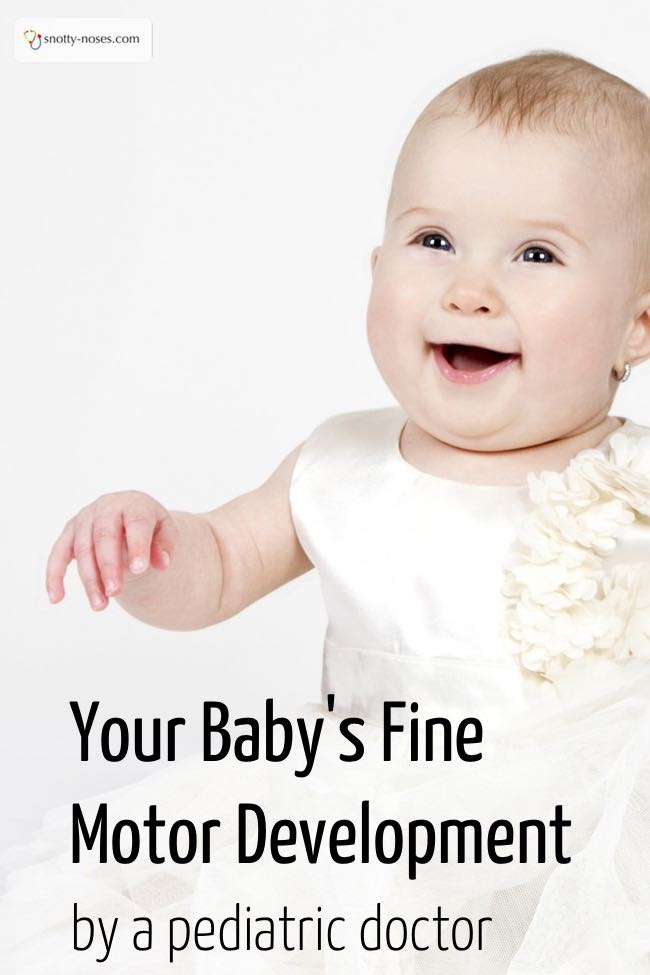
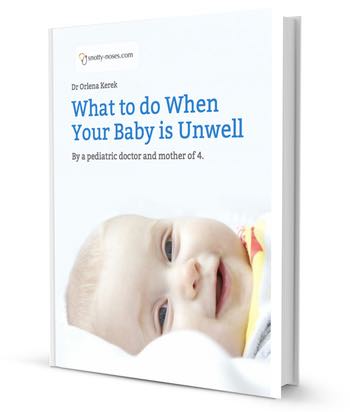
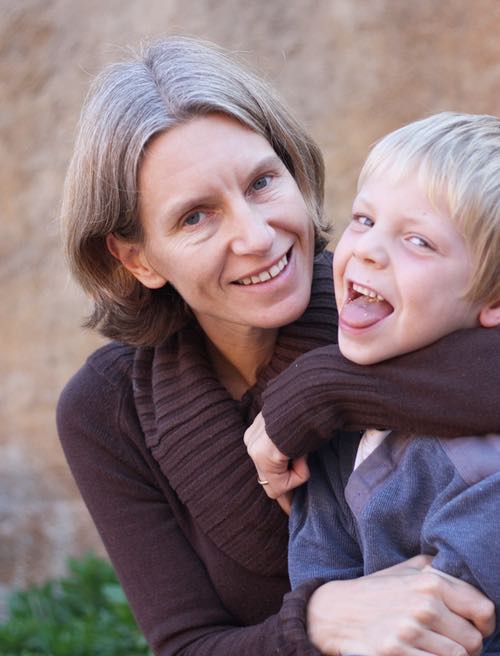
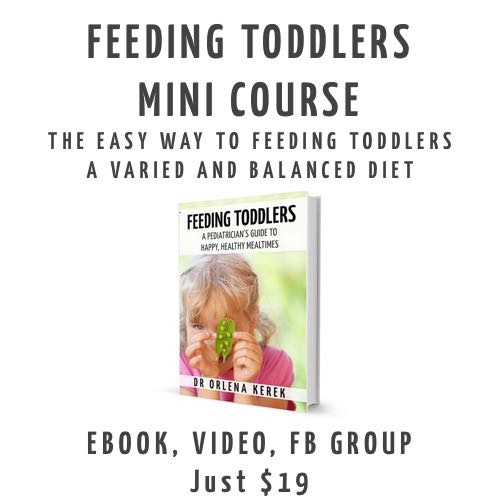 Feeding Toddlers.
Feeding Toddlers. Would you like your kids to eat more healthily? Check out the book!
Would you like your kids to eat more healthily? Check out the book!